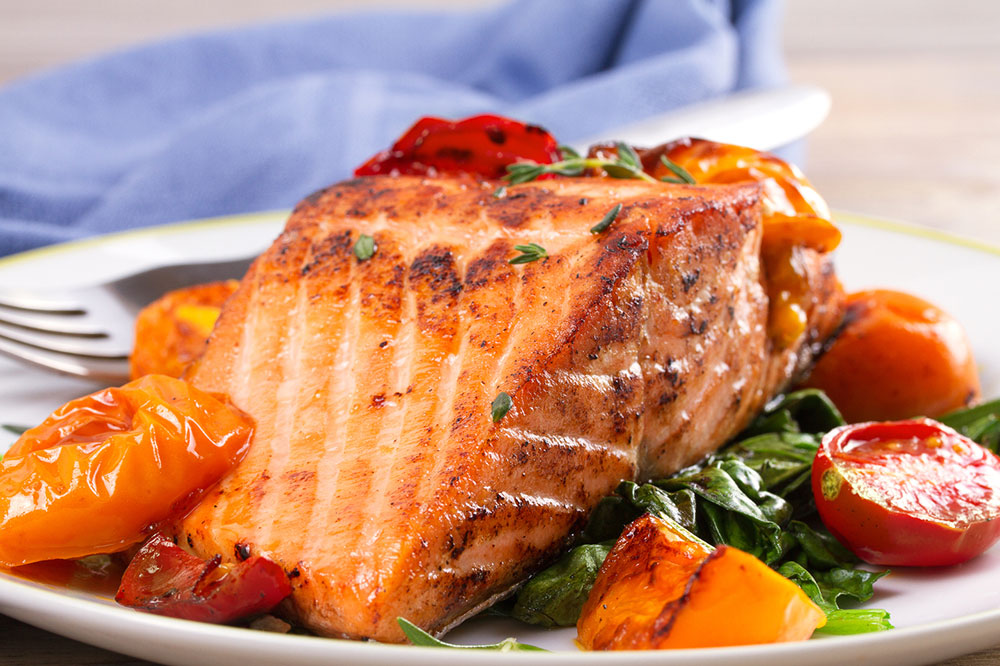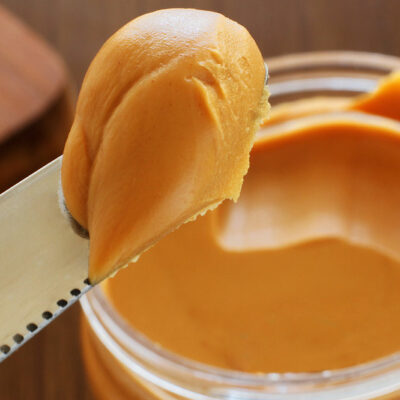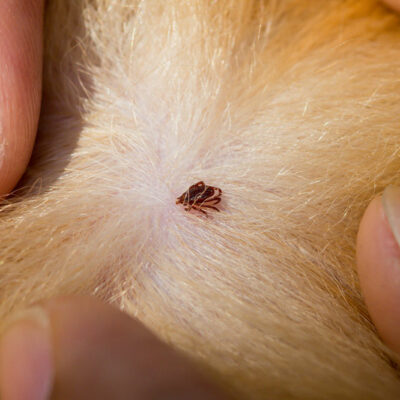
Foods to Help Manage Eczema
While there is no cure to treat eczema, one of the best ways to combat its symptoms is to follow an eczema-friendly diet that helps prevent and manage flare-ups. This inflammatory skin condition can be managed by eliminating certain foods that act as triggers while including foods that combat inflammation.
Read on below to find some eczema-friendly diets to follow.
Anti-inflammatory diet
This diet is one of the most eczema-friendly diets to follow, and it helps people manage their inflammatory skin condition better. By including anti-inflammatory foods in their diet, people with eczema can experience lessening or reduction of eczema symptoms.
Foods with Quercetin
Quercetin, a natural flavonoid, is found in many fruits and vegetables and has anti-inflammatory properties. Fruits like cherries, blackberries, strawberries, blueberries, and vegetables, like spinach, kale, and broccoli, can be added to people’s diets. Beverages, such as black and green tea, also contain quercetin, providing an anti-inflammatory effect. A quercetin supplement can also be taken in consultation with your doctor.
Fatty fish
Fatty fish is a natural source of omega-3 fatty acids. Fish such as salmon, mackerel, sardines, and herring can help fight inflammation in the body. Plant-based omega-3 sources include flaxseeds, chia seeds, and walnuts. Vegetarians can also take omega-3 supplements to benefit from this nutrient.
Probiotics
Probiotics, also known as good bacteria, are naturally present in many foods, such as sourdough bread, naturally fermented pickles, soft cheeses, miso soup, kefir, and tempeh. People with eczema can include probiotics in their diet to help promote good gut health, which will help reduce the symptoms of eczema.
Potassium-rich foods
Potassium-rich foods such as bananas, avocados, sweet potatoes, and white beans are inflammation-fighting foods that can help reduce eczema symptoms.
Vitamin C-rich foods
Oranges, bell peppers, strawberries, cauliflower, pineapple, and mangoes are Vitamin C-rich foods that can help protect the body from allergic responses.
Elimination diet
Some foods can also trigger an increase in eczema symptoms. Recognizing these foods and eliminating them from the diet may help in reducing flare-ups. This is one of the eczema-friendly diets to follow, especially for people with food allergies.
If you are allergic to any of the following foods, it is best to avoid them.
- Dairy products
- Eggs
- Soy
- Nuts
- Citrus fruits
- Gluten or wheat
- Tomatoes
- Foods that contain preservatives and artificial ingredients, such as processed food and margarine
- Sugary foods such as cakes, sodas, and smoothies
Dyshidrotic diet
People with dyshidrotic eczema should avoid foods that are high in nickel and cobalt. Nickel and cobalt are naturally found in the soil, so some foods contain certain traces of these metals. The below list of foods contains nickel and cobalt.
- Beans
- Canned meats
- Chocolate
- Lentils
- Nuts
- Peas
- Seeds
- Soybeans
- Shellfish
Mediterranean diet
People with eczema can also follow a Mediterranean diet, which coincides with the anti-inflammatory diet. This diet emphasizes on including fruits, vegetables, fish, legumes, and healthy oils (polyunsaturated and monosaturated) in your diet. Red wine can also be consumed when on this diet as it contains quercetin.
These eczema-friendly diets to follow can help affected people to manage their condition better. However, it is always important to consult a medical professional before trying a new diet or eliminating certain foods.


